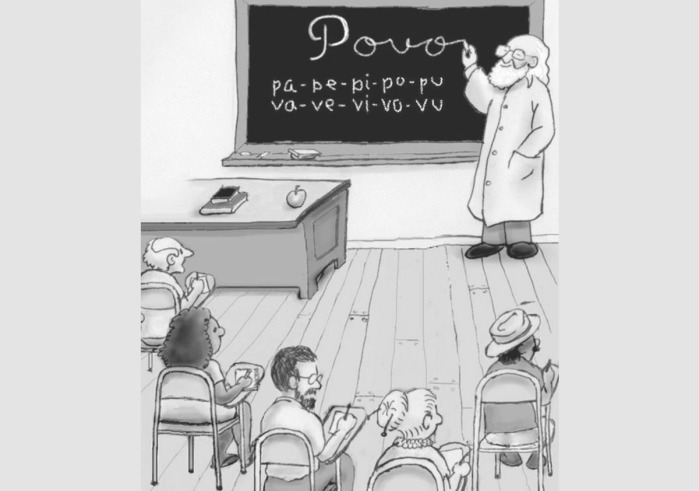SUA Joins USC and UCLA in Celebrating Paulo Freire’s Centennial Year

As one of the most influential educational philosophers of the 20th century, Paulo Freire has influenced thinking and practice in education, community development, and social justice movements around the world.
“Democracy, Citizenship, & Sustainability: A Celebration of Freire’s Centennial Year,” an online global conference in May that was co-organized by SUA, USC, and UCLA, explored Friere’s legacy and continuing impact. Presenters from North America, Europe, Asia, South American, and Africa led dozens of lectures during the event, discussing topics including educational equity, Freirean approaches to fostering intercultural understanding, and employing ecopedagogy to encourage sustainability.
Several talks that featured SUA faculty, administrators, and alumni highlighted connections between Soka education and Freirean approaches to education. As a result, Freirian scholars from around the world also were introduced to SUA and its founder’s complementary ideals, said Professor Jay Heffron, director of the MA program in Educational Leadership and Societal Change at Soka.
Prof. Heffron moderated a panel, “The Hope-Filled Philosophies of Paulo Freire and SUA Founder, Daisaku Ikeda: The Hope of Today Toward the Advancement of World Peace,” with presenters whose papers integrated Freirian ideals around democracy, citizenship, and sustainability with SUA’s mission of educating global citizens. Panelists included Kevin Moncrief, SUA’s vice president for mission integration; Gonzalo Obeillero ’05, instructional assistant professor of curriculum studies at DePaul University; and Monte Joffee, co-founder and former principal of the Soka-based Renaissance Charter School in Queens, New York.
In the closing keynote address, “Paulo Freire, Daisaku Ikeda, and the Soka Heritage of Education: Pedagogies of Hope, Joy, and Human Becoming,” Jason Goulah of the DePaul University Institute for Daisaku Ikeda Studies in Education highlighted multiple convergences in the educational philosophies of Freire and Ikeda.
Defining this convergence as an East-West pedagogical ecology of determined hope, joy, and human becoming, Goulah argued that the liberatory nature of critical consciousness, inspired by Freire’s Christian socialism, and Ikeda’s Lotus Sutra-centric perspectives on liberatory enlightenment and existential happiness are resonant approaches of unlimited possibility and action in a complex and interconnected world.
